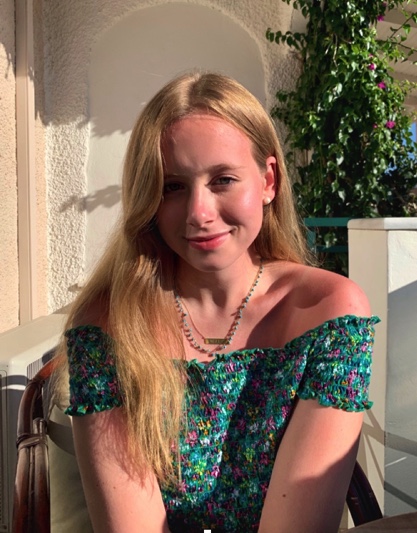
My mom has long described me as someone who is “not an agent of change.” Itwas in a second grade parent-teacher conference where that was first said about me—and 12 years later, it’s as true as it was then. I’m maybe the billionth person to sit at a keyboard and write the following sentence but, since it’s about the truest truism in my book, it bears repeating: change is hard.
Pivoting is harder. Here’s why.
Change is forced upon you. When I’m told by a teacher that I must read a different book during reading time in second grade, I have to. Or else I face consequence. When I get an email this past March that says I have to vacate my dorm room and finish the rest of the school year online by someone who has “Academic Provost” in their email signature, I have to. Or else…well, I’m not sure what they’d do. The point is, so infrequently is there choice in change, and that’s why I’m not an agent of it.
A pivot, however, is a reaction to change. And nothing is forced about that. In fact, the choice to have whateverreaction you wantto change is what makes pivoting hard. Do I go home and invest myself in my online classes in a substantive way, and find ways to make this time less miserable feeling? Or do I mope, and let myself drown in the sadness of a stolen semester?
Of course, picking between these options is easy. I’m not so stubborn as to not understand what I should be doing. But, and it’s time for another truism, it’s all easier said than done. Acting with intention, embracing the challenge of something new, engaging meaningfully–these are all things that define the way we pivot. To do these things, I have to become an agent of pivoting.
Enter Sweet Readers, an experienced agent in pivoting. In a COVID-19 era, Sweet Readers—a program based entirely around youth proximity with the most vulnerable population to this virus—was forced to change, and has since pivoted with grace. Programs now happen online, and the development of curriculum that suits that format is occurring rapidly. Sweet Readers now relies on technology in ways it has never before, and understanding how to most effectively use that technology to facilitate programs, raise awareness, and sustain connection is no small undertaking. The Sweet Readers community—elders, care centers, and youth alike—is learning to pivot. Because without a pivot, we risk seriously letting down an aging population in acute need. And that cannot happen.
Right now, Sweet Readers is my role model for pivoting in my personal life. I’m trying to learn how to be an agent of pivoting during this bizarre time. Sometimes it works, a lot of times it doesn’t. It takes a lot of energy, too. But, what else am I doing? It’s basically that or learning how to make banana bread. I don’t like washing dishes—so I chose learning to be an agent of pivoting.

